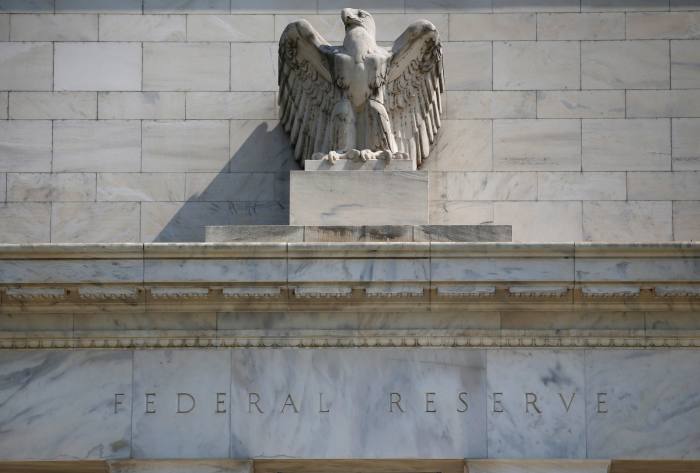
The latest economic data points emerging from the US indicate a recession “is almost 100 per cent certain”, according to Dickie Hodges, a bond fund manager at Nomura.
Hodges made his name as a manager at Legal and General and now runs the £2.5bn Nomura Global Dynamic Bond fund which at one point in 2021 was attracting net inflows of around £35m a week.
But since then bond prices have fallen sharply (and so yields have risen) as market participants have scrambled to protect themselves from higher inflation.
However, while yields have risen they have in no way kept pace with inflation, and in recent weeks the yields on many developed market government bonds have actually fallen (meaning the price has risen), despite US inflation hitting more than 9 per cent.
But Hodges believes that latest inflation number will represent the “peak”, as deteriorating economic conditions mean economic growth slows and the level of aggregate demand in the economy falls.
Hodges said: “Investment banks have moved from a 10 per cent to a north of 50 per cent chance of recession in the next year. But I think it is almost a 100 per cent chance.
"Almost all of the economic data we are seeing around consumption levels, around people defaulting on debt, points to recession. The economic data that has been more positive is backward-looking, the data that is about present conditions is negative.”
Rupert Thompson, investment strategist at Kingswood, said recession fears in the Eurozone were largely driven by concerns around much higher energy prices on domestic demand, while recession fears in the US were centred on the potential impact of much higher interest rates.
He said: “Last week overall provided some comfort on the recession front. US employment posted another solid and larger than expected gain in June. This is rather at odds with an economy falling fast into recession. Confidence in the service sector also beat expectations."
Root causes
Hodges added: "Against that, the US Treasury yield curve, on one measure at least, moved into inverted territory with two-year yields moving above 10-year yields. Although this has in the past been quite a reliable signal of a forthcoming recession, it normally leads a downturn by at least a year and is not a sign of imminent doom.
"By contrast, recession fears in the Eurozone have increased further as the Russian threat to European gas supplies has grown.
"Recession worries are also of course being driven by plans for aggressive monetary tightening, particularly by the Fed.”
If investors do fear recession, historically they allocate an increased part of their portfolio to long-dated government bonds.
This is because policy makers traditionally respond to an economic downturn by cutting interest rates. When that happens, the price of bonds issued at the old, higher, interest rate would be expected to rise as investors would prefer to own the bond paying more interest.
Investors who are keen to do this would buy bonds with the longest date to maturity possible, as the more years of interest payments they receive at the old, higher, interest rate, the more likely it is that the price of the bond will rise in future years, as interest rates are cut.





